I think it’s fair to assume that most of you are pretty clued up when it comes to the different methods of contraception that are available to you, having spent a large parts of our adult lives actively trying not to get pregnant, before making the momentous decision to become a parent. However I often come across people who are unsure as to when they should be using contraception after having had a baby, as well as which kinds are most suitable, and exactly how fertile (or infertile) they are soon after giving birth. I thought it would be useful to answer some of these questions, and summarise which methods of contraception are best for you after having your baby.
Before I go any further, here is a general contraception guide (not specific to contraception after having a baby) that summarises all the different methods available, their pros and cons, and which are most suitable for you. Remember that all of these are available on the NHS, with free prescriptions even for those who usually pay, and can be arranged through your GP or family planning centre.
In terms of your risk of getting pregnant after having a baby, women fit into two groups: those who are exclusively breastfeeding, and those who are not. If you are breastfeeding your baby, and not using any bottle feeds at all, the hormones that maintain your milk supply will also prevent ovulation; so if you are not having any periods and your baby is under six months old, you will be protected from falling pregnant without the need for any further precautions. This is called the lactational amenorrhoea method, (lactational = breastfeeding and amenorrhoea = no periods) and is over 99% reliable. From six months of age, you should start using contraception if you do not wish to become pregnant. If, like many mums, you are exclusively breastfeeding but do give your baby the odd, infrequent bottle; the likelihood that you are still protected from becoming pregnant is high, especially if you are not having any periods, however the reliability of this method will be lower, and it is impossible to predict by how much – but you should be aware of this and choose to use additional contraception, depending on how important it is to you to avoid pregnancy.
If you are bottle or combination feeding, theoretically speaking you could get pregnant as little as three weeks after giving birth, even though your first period will be later than this, so it’s possible that you may think that your periods have not yet returned, when in fact you are pregnant! It’s advisable to start using contraception as soon as you feel ready to start having sex again.
There’s a school of thought that after giving birth (if you’re not exclusively breastfeeding), and also after stopping breastfeeding, women may have higher fertility than usual, and may fall pregnant more quickly or easily than they had expected. I’ve done some research into this, and although I was unable to find any reliable evidence that this is indeed true, I’ve certainly heard of several cases anecdotally: one, where a GP I know fell pregnant when her baby was only 3 months, even though her periods hadn’t returned; another friend fell pregnant only two weeks after she had stopped breastfeeding her baby; and another friend who tried to conceive for 3 years with her first, thought it would take a long time to conceive again but fell pregnant after only 6 months of trying with her second. It’s possible that this theory regarding fertility is true, but that not enough studies have been done to prove it yet!
So, if you have recently given birth, and wish to avoid pregnancy, here are your options:
From Birth
If you are brave enough to resume having sex straight away, you can use condoms or the progestogen-only pill (also known as the mini-pill) from birth.
From Three Weeks
From 21 days after birth, you can use the contraceptive implant, combined pill (contains oestrogen and a progestogen), vaginal ring and contraceptive patch, however if you are breastfeeding, methods that contain oestrogen (the combined pill, vaginal ring and contraceptive patch) are not advised, as they may affect your milk supply.
From Six Weeks
From 6 weeks after birth, you can have the contraceptive injection or use a diaphragm/cap. If you have a diaphragm from before your pregnancy, make sure you are fitted for a new one after birth.
From Six To Eight Weeks
From 6-8 weeks after birth you can have a coil fitted (either a Mirena or copper coil). These can be fitted earlier in some circumstances, but it is generally advised to wait as they may become dislodged with very heavy bleeding after birth, or introduce infection.
For further information on any of the methods mentioned, see the linked contraception guide, or visit your GP or family planning clinic.
I hope that this has been useful, and answered any questions you may have had about contraception after having a baby. I’d recommend bookmarking this post, or the link to the contraception guide, especially if you are currently pregnant or this isn’t relevant to you at the moment; as the long-suffering women that we are it’s something that we will keep having to deal with and return to! Please do drop me any questions that you may have.
Hannah x
Image by Little Beanies


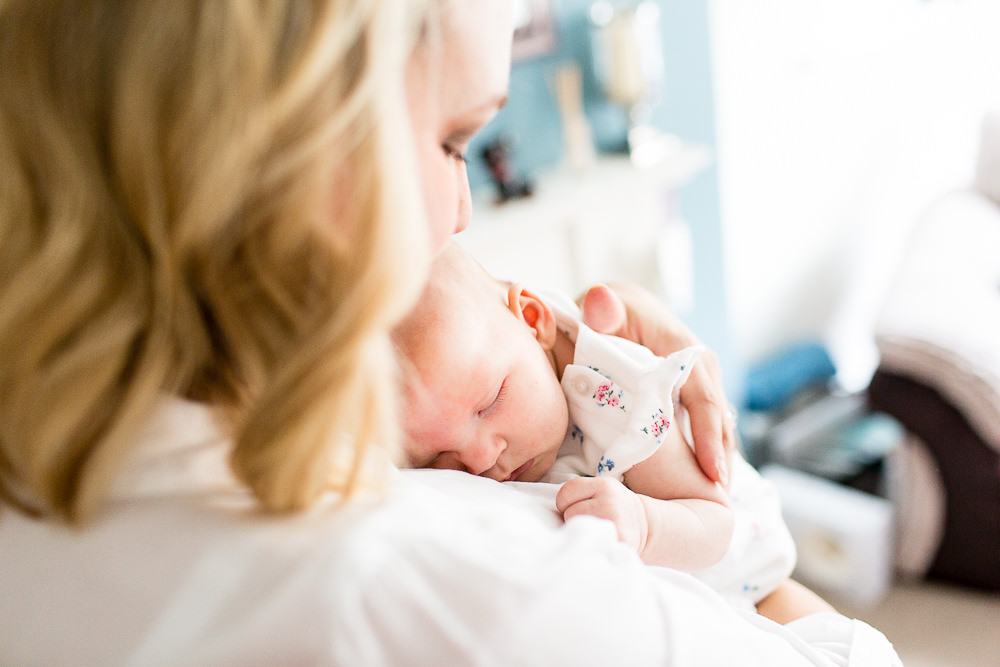


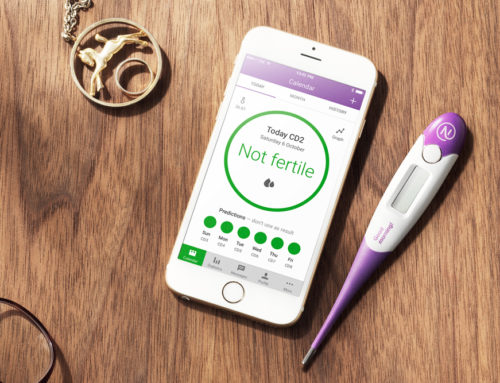
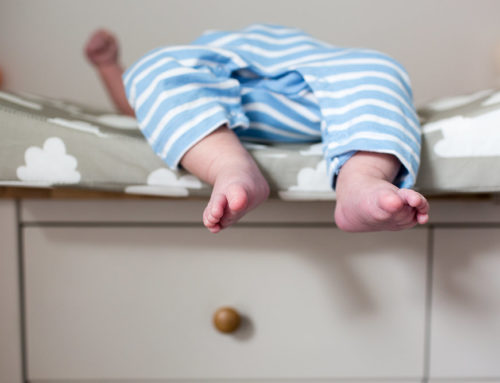
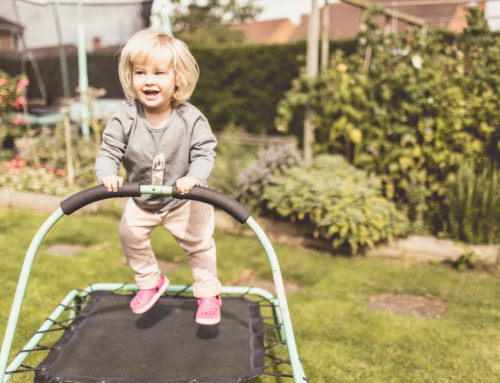
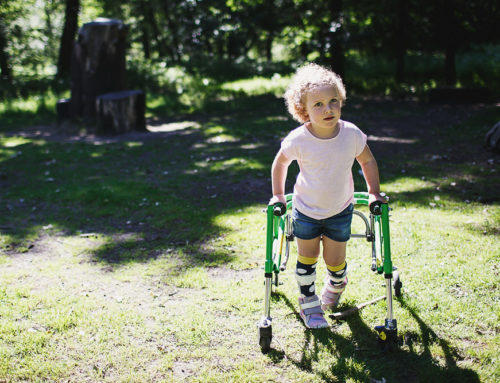
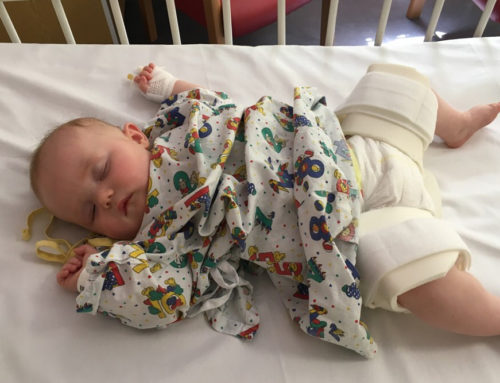
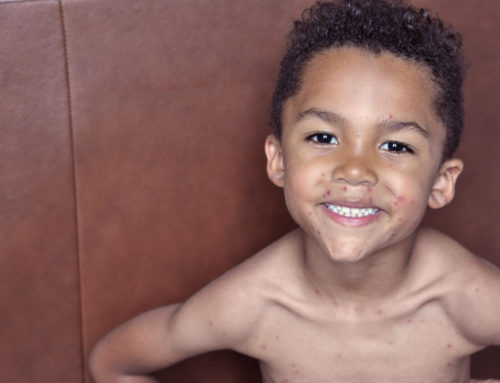

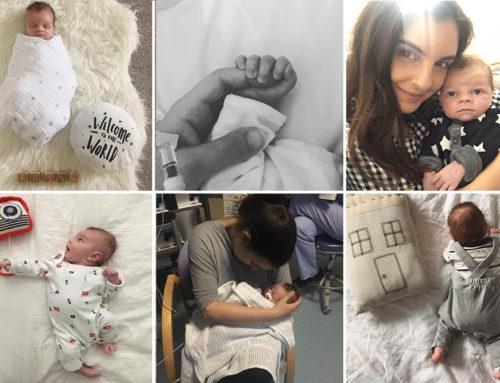
Maybe another post for another day, but if you’re done with children what about the snip?
While I’m not done with babies (I hope…) I am totally done with hormonal contraception. Over ten years on the pill was enough. Condoms are our method of choice.
Have you seen the new contraception apps? What do you think to them? They have a supposedly good reliability rate but I’m a bit suspicious.
Also know several people who were period free and exclusively breastfeeding who fell pregnant…. if you feel strongly about not having another baby I’d say it’s not worth risking it!
Oooh I would second this question on the contraception apps including ones like kindara which also include temping? Thanks in advance! Xx
I have just started using the Natural Cycles app and thermometer. I have just had the implant out and started using it so I can’t say much for now but I am done with hormones and hoping this will be reliable.
I find the best contraception is having two babies under 2…..
Haha – Yes!!! That’s what I was thinking. I only have one, but he is determined not to have a sibling!
I’m on the mini pill, breastfeeding and my daughter is nearly eight months old. I hadn’t realised that with the mini pill the window of time to take it was only 3 hours as I’m used to the “normal” pill. We have two children and just bought a house so loads going on and I’m struggling a bit to remember to take it, despite not having any problem for over a decade on the other one. My periods haven’t come back yet either. Is my only other option the copper coil while I’m still breastfeeding (my husband’s not keen on condoms)?
Not as far as I know – I have had the Mirena coil fitted at 3 months post birth with both my girls and I fed my first to 20 months and my second is still going strong at 14mo.
Ok thanks Sara!
Prior to my pregnancy, I was on a mini pill with a 12 hour window – I can’t remember the brand but it could be worth asking about?
Ah! We were in the super fertile and still breast feeding camp! *waves* My second child was 11 months old and I was still breast feeding him 3x in 24 hrs and he was on solids and I fell pregnant with our third child and had not yet had a period since having my second!
We knew we were going to have 3 children but we’re “planning” on having a 4ish year gap in between each. We now have 3 lovely children and 6,2&1 👍🏻
Not post pregnancy related (no kids) but I have had terrible fatigue problems since having the implant fitted six years ago (other than that I have had not problems). I have spoken to a GP, who quite honestly treated me like I wasting their time, despite having been referred by the family planning nurse, and just referred me back to the nurse. I have also seen other GP’s who have investigated the fatigue including an MRI but all of my results are always normal apart from one instance of low folic acid. Do you know of any link to the implant and quite severe fatigue?
Hi Claire I’ve never had the implant myself but I would say get it taken out for a few months and see if your fatigue improves or goes away? I think all sorts of side effects are possible with hormonal contraception and a lot of women feel better after getting off it so it’s worth a try! I’ve had all sorts of reactions to different pills – headaches, tiredness, bloating, mood changes etc. Good luck! X
In my personal opinion I feel it’s a little dangerous to suggest that breastfeeding can be used as a form of contraception. I had my first period at 10 weeks post partum despite exclusively breastfeeding. By the time my little girl was 19 weeks old I was on my THIRD despite still exclusively feeding! (I know – the universe hates me). I shudder to think at getting pregnant that soon after birth had I thought that feeding would be enough to stop it happening…
Totally agree Claire, when I left hospital after having my wee boy in Dec 2015 I was categorically told that breast feeding was not a method of contraception (both by the midwives and by posters around the ward!), and this was emphasised by all the community midwives too. So unless the NHS advice has changed in the last year and a half I wouldn’t rely on it at all!
I went to see my GP recently who said she had just come from a conference all about the combined pill being able to be used immediately post birth and that there were no conclusive results with reduction of milk supply. I wish I had known this before being offered the implant immediately after giving birth because I was breastfeeding and knew I didn’t want another one for a few years. Not sure if anyone else experienced this but the constant release of hormones it gives also provided me with a constant period – which is probably the best birth control ever because we were unable to do anything and made me utterly miserable! I have now had my implant taken out (thank god) and am back to my good ole combined pill. I do find they are over cautious with new mums though as I’m having to have 3month check ups every time a pill pack runs out to take blood pressure etc. In terms of breastfeeding being 99% reliable as a contraceptive, I would say the midwives and health visitors I met with completely discredit this, probably as they have had so many women fall pregnant after just having a baby, even when their periods had not yet returned.
Passing O&G doctor here. Would add a couple of points to the above article – for lactational amenorrhoea to achieve high success rates there need to be no long gaps between feeds (so feeding a minimum of four hourly during the day and six hourly at night) and any oestrogen containing contraceptive is contraindicated for the first six weeks postpartum due to risks of blood clots (not just milk supply effects).
I too was told by my midwife that breastfeeding wasn’t 100% reliable and I should be using other methods. Myself and a couple of other girls in my NCT group had the same response in our heads when asked by the midwife/health visitor at the one or two week check “now what are you doing about contraception?” Um, two weeks after giving birth with a second degree tear…NEVER having sex ever again 😂😂😂. Instead I just mumbled something about condoms! Lol! It’s good to know they’re onto it but one/two weeks post birth youslmost aren’t ready for the message
I also agree with the above posters that suggesting exclusive breastfeeding is 99% effective is contrary to the advice currently given by NHS midwives and doctors. It might be helpful to clarify why the advice in this article differs?